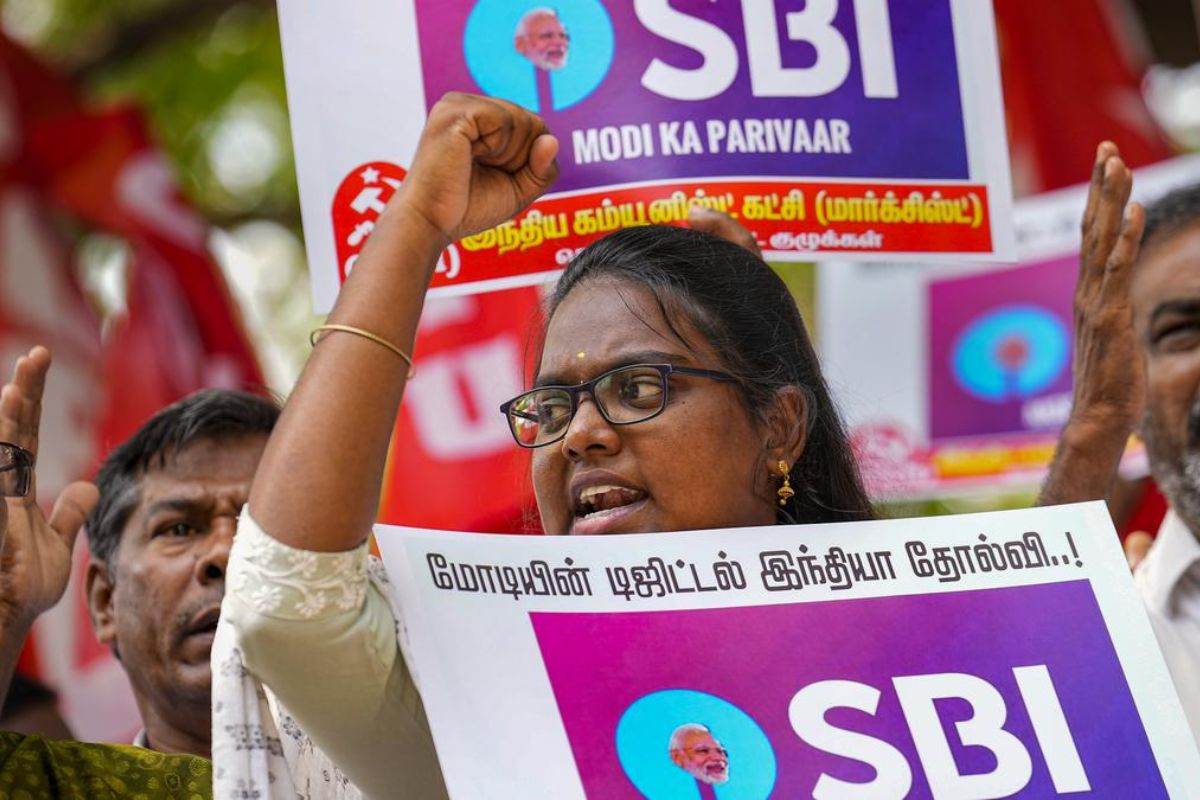NEW DELHI : An NGO has filed a contempt petition in the Supreme Court against the State Bank of India (SBI) for seeking more time to disclose the details of electoral bonds bought and redeemed by political parties. The SBI had asked the court to extend the deadline from March 6 to June 30, citing difficulties in processing the data.
The NGO, Association for Democratic Reforms (ADR), was represented by lawyer Prashant Bhushan, who said that the SBI’s plea should be heard along with the contempt application. A bench headed by Chief Justice DY Chandrachud agreed to pass an order on the matter.
The Supreme Court had declared the electoral bonds scheme unconstitutional in its verdict last month, and directed the SBI to furnish the details of the bonds to the Election Commission (EC) by March 6. The court had also ordered the EC to publish the information on its website by March 13.
The details required by the court included the date of purchase, the name of the purchaser, and the denomination of each electoral bond issued and encashed by political parties between April 2019 and February 15, 2024.
The SBI, however, claimed that it had to compile 44,434 sets of information from two different sources, and that it faced logistical challenges in doing so. The bank said that 22,217 bonds had been issued to various political parties in the specified period, and that the redeemed bonds were sent by the authorised branches to the main branch in Mumbai.
Electoral bonds are anonymous instruments that allow donors to contribute to political parties without revealing their identity. The scheme was introduced by the Modi government in 2017, and has been criticised by the opposition and civil society groups for undermining transparency and accountability in political funding.










